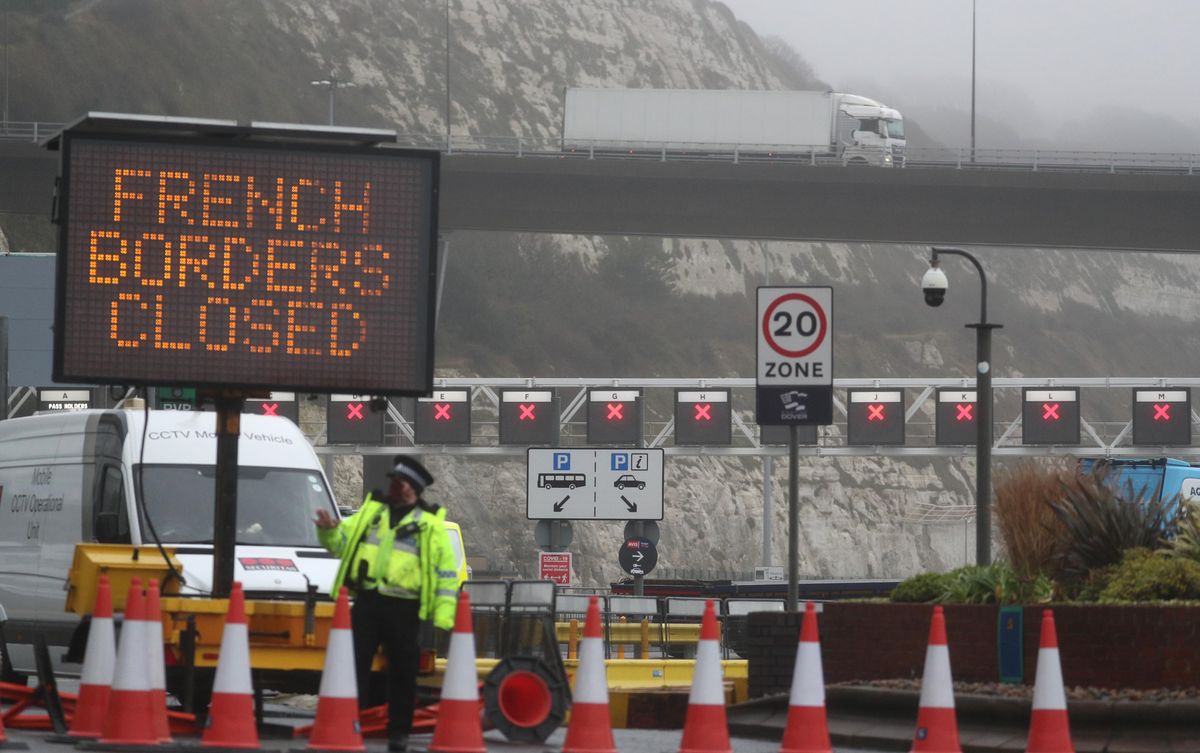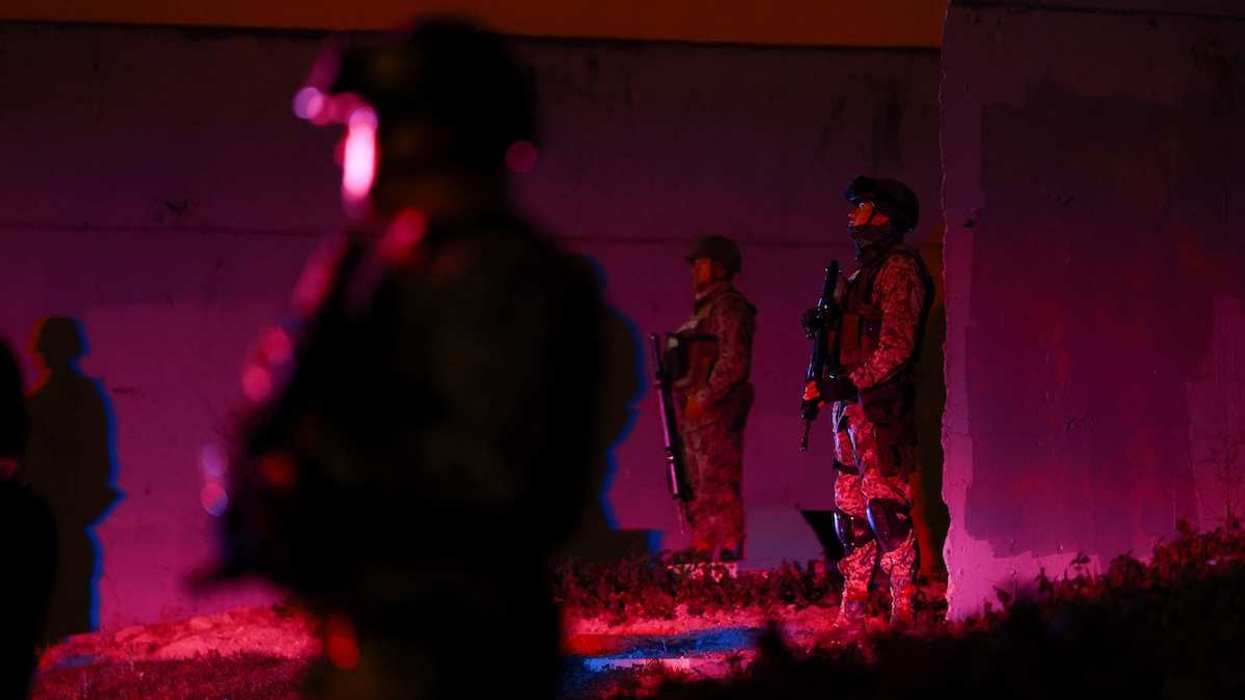Britain's new COVID strain: Just as the Brexit transition comes to an end and the United Kingdom prepares to leave the European Union on January 1, Britons now face a new form of isolation. Countries in Europe, the Middle East, Latin America, Asia and elsewhere have banned travelers from the UK in response to reports that a variant of the novel coronavirus is raging out of control in that country. The (relative) good news is that, though this COVID-19 variant appears more infectious than the strain it has replaced, there is no evidence to date that it's more deadly or more resistant to the vaccines now in use in the UK. The bad news is that there will be more people flooding into British hospitals, and the virus variant is another factor undermining economic and financial confidence in the UK at a time when its leap into the Brexit unknown already threatens market turmoil.
US Congress reaches stimulus compromise: After months of gridlock, Democrats and Republicans have reached a deal on a pandemic aid package, their first such agreement since the spring. Though smaller than the $2 trillion doled out by Congress in March, this $900 billion fund includes $600 stimulus payments to millions of Americans and will revive a lapsed loan program for small businesses. The bill also provides $25 billion in rental assistance for people whose incomes have suffered because of the pandemic. To reach this breakthrough, each side made painful concessions: Republicans dropped calls for liability protections for businesses, and Democrats gave up on hopes of getting funds to cash-strapped state and local governments. This stimulus is a welcome legislative accomplishment after months of stalemate, but it's no cure-all for the ailing US economy. More than 50 million Americans have applied for unemployment benefits since April.
Nepal's political chaos: Amid intense political infighting, Nepal's prime minister KP Sharma Oli moved to dissolve the lower house of parliament Sunday, paving the way for new elections to be held in April 2021, 18 months ahead of schedule. The prime minister's popularity has cratered in response to criticism that he has failed to root out corruption (his government itself has been mired in scandal), to boost the country's economy, and to manage pandemic response. Fear that he'll only become more unpopular in coming months has persuaded Oli to bet on early elections. Situated in the strategically important Himalayas, Nepal has become an important arena in China and India's intensifying battle for influence in the region. In 2017, Oli campaigned on a pledge to bring Kathmandu closer to Beijing, and should he fall in April, China would lose a crucial ally as it seeks to expand its footprint in South Asia.


















